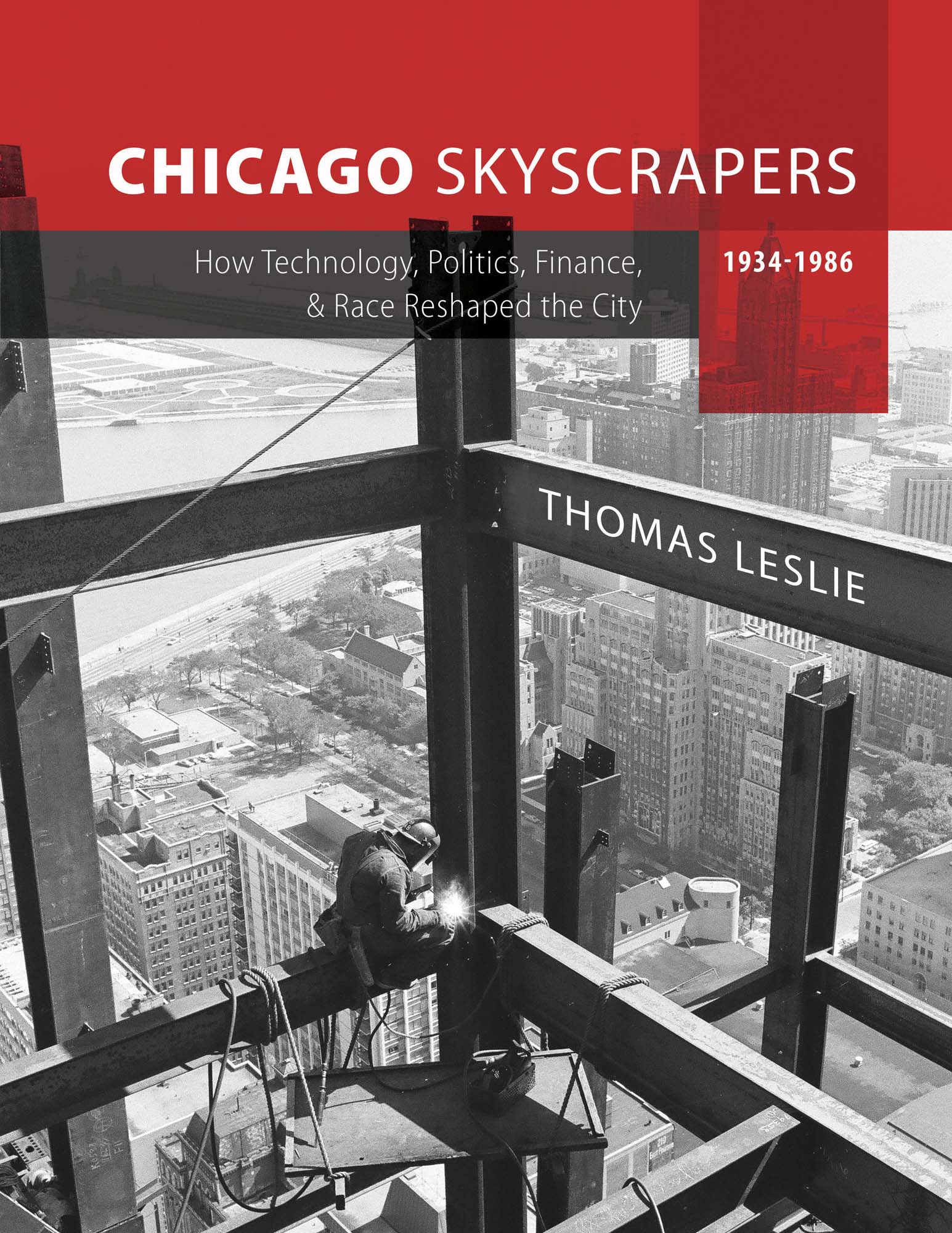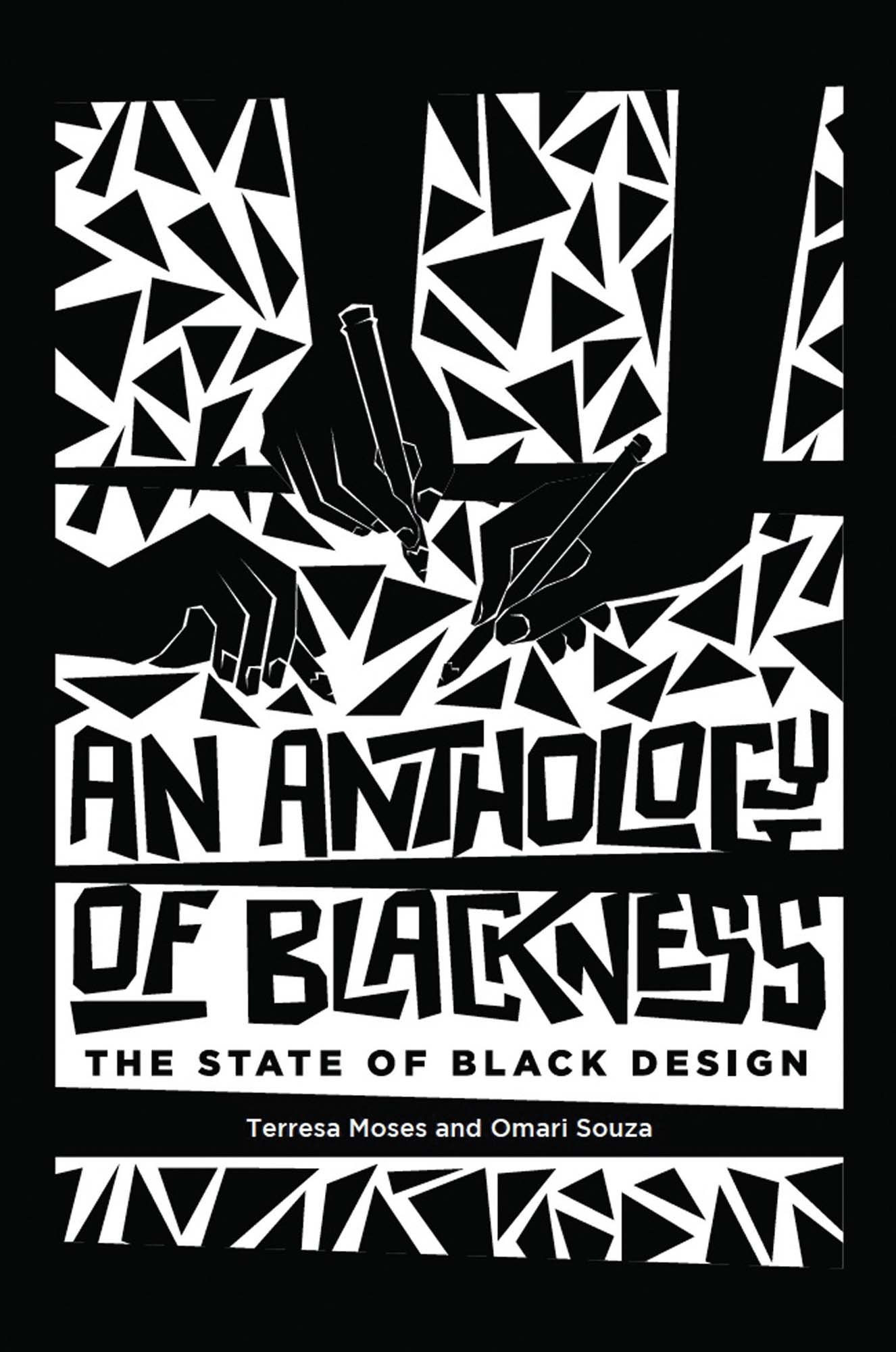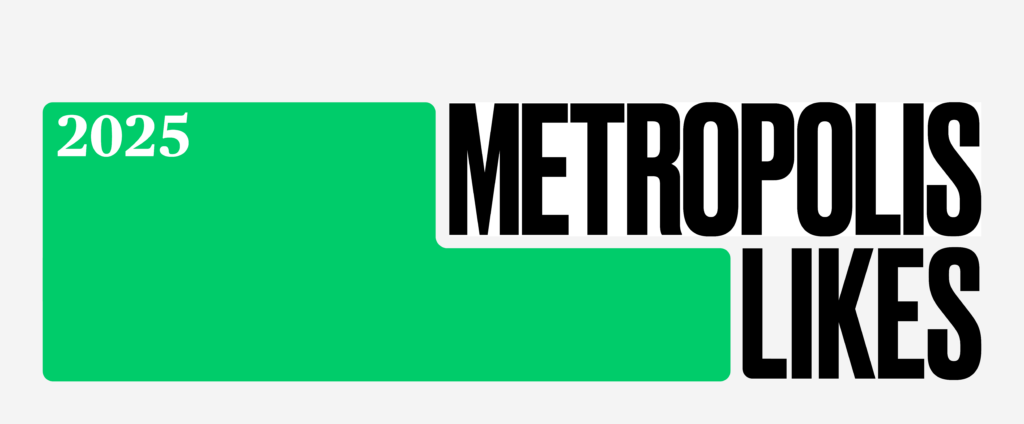
December 12, 2023
2 Books for Your Winter Reading List
Chicago Skyscrapers 1934–1986: How Technology, Politics, Finance, and Race Reshaped the City
By Thomas Leslie, University of Illinois Press, 2023, 354 pp., $44.95

Chicago Skyscrapers 1934–1986 traces the political economy of the Modern skyscraper backward from the city it originated in, illustrating how high-rises were used by savvy public- and private-sector actors to concentrate both wealth and poverty, for the benefit of those with power and money to remake cities. Leslie’s book inducts the disastrous Chicago Housing Authority high-rises into the city’s skyscraper canon, with the implication that their failure is as canonically American as the success of the Sears and Hancock Towers, which are also present alongside the rest of Chicago’s 20th-century steel-and-glass titans. With granular observation of how new building technology (fluorescent lights, air-conditioning, curtain walls) aided this ascent, and how public policy carefully controlled who was allowed into which skyline perch, Chicago Skyscrapers 1934–1986 situates architecture as a clumsy yet still often graceful mediation between ambition, imagination, and economics stripped of saintly airs of neutrality.
An Anthology of Blackness: The State of Black Design
Edited by Terresa Moses and Omari Souza/foreword by Elizabeth (Dori) Tunstall, MIT Press, 2023, 264 pp., $32.95

This collection of essays, opinion pieces, case studies, and visual narratives looks toward the horizon of an anti-racist design industry. Divided into three sections that focus on the design industry itself, surrounding pedagogy, and activism, the book analyzes how Black graphic designers—from the early 20th century to today—have called for social justice while exploring the legacy of Eurocentric beauty standards, especially hair. There’s a brisk survey of African histories of making in the pedagogy section, as well as an investigation of why Black students don’t enroll in design electives. The portion on the design industry offers technocratic and heartfelt suggestions: for example, using video games to attract Black youth to design, and improving practices of arts and cultural stewardship. With intersectional perspectives on race, gender, sexuality, ethnicity, and ability, the anthology reminds the reader: “Design is not a master’s tool.”
Would you like to comment on this article? Send your thoughts to: [email protected]
Latest
Products
Discover the Winners of the METROPOLISLikes 2025 Awards
This year’s product releases at NeoCon and Design Days signal a transformation in interior design.
Products
Inside METROPOLIS’s Sustainability Lab at NeoCon
Discover tools, ideas, and inspiration to make thoughtful material choices for a sustainable future.
Viewpoints
Sustainability News Updates for Q2 2025
Renewable energy growth, carbon benchmarking, and circular design strategies shaping the built environment.





